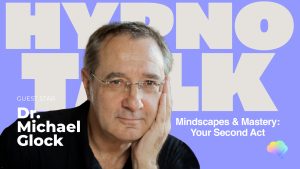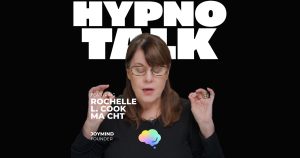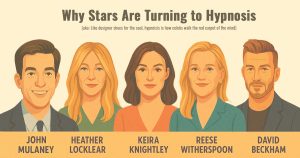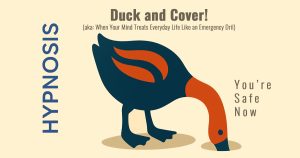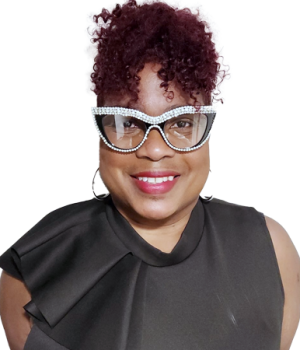In the realm of psychological research, the connection between expressive writing and health benefits has been a subject of interest, yielding fascinating insights into the human mind and body. Writing about setbacks, issues, problems, frustrations and traumatic, stressful or emotional events has been found to “result in improvements in both physical and psychological health” (Baikie, K. A., & Wilhelm, K. 2005). The study of expressive writing and its effects on emotional and physical health is not only intriguing but also profoundly impactful. Drawing upon the work of esteemed psychologists and researchers, this blog post delves into the therapeutic potential of putting pen to paper, guided by the pioneering theories of Carl G. Jung, particularly his concept of active imagination.
Expressive Writing: A Path to Healing
Expressive writing, as explored in the study highlighted by Cambridge University Press, demonstrates significant emotional and physical health benefits (Pennebaker & Beall, 1986). This practice involves writing about one’s deepest thoughts and feelings related to traumatic or stressful experiences, providing a structured means for emotional expression and processing. The findings suggest that such writing exercises can lead to improvements in mood, reduced stress levels, and even enhancements in physical health markers.
The Jungian Perspective: Active Imagination and Integration
Carl G. Jung, a Swiss psychiatrist and psychoanalyst who founded analytical psychology, introduced the concept of active imagination, a method used to bridge the gap between the conscious and the unconscious mind (Jung, 1963). This process involves engaging with and giving expression to the various figures and symbols that emerge from the unconscious, facilitating a dialogue between the conscious self and the unconscious contents. Jung believed that through active imagination, individuals could achieve greater integration and wholeness, leading to psychological development and healing.
Expressive Writing through a Jungian Lens
Integrating Jung’s theories with the practice of expressive writing offers a compelling framework for understanding its therapeutic benefits. By writing expressively about their experiences, individuals are essentially engaging in a form of active imagination, bringing to light the unconscious emotions and thoughts tied to their experiences. This act of expression and reflection fosters a dialogue within the self, mirroring Jung’s process of individuation, where the goal is the integration of the unconscious with the conscious mind, leading to personal growth and self-awareness.
The Bridge to Wholeness
The emotional and physical health benefits of expressive writing, as evidenced by research, can be seen as a modern application of Jung’s timeless wisdom. By externalizing our inner conflicts and dialoguing with our deeper selves, we embark on a journey towards psychological and physical well-being. The act of writing serves as a bridge, allowing us to traverse the landscapes of our psyche, confront our shadows, and emerge more integrated and whole. Research identifies considerable longer-term benefits of expressive writing health and social outcomes (Baikie, K. A., & Wilhelm, K. 2005).
Health outcomes
- Fewer stress-related visits to the doctor
- Improved immune system functioning
- Reduced blood pressure
- Improved lung function
- Improved liver function
- Fewer days in hospital
- Improved mood/affect
- Feeling of greater psychological well-being
- Reduced depressive symptoms before examinations
- Fewer post-traumatic intrusion and avoidance symptoms
Social and behavioral outcomes
- Reduced absenteeism from work
- Quicker re-employment after job loss
- Improved working memory
- Improved sporting performance
- Higher students’ grade point average
- Altered social and linguistic behaviour
Conclusion: The Healing Power of Words
The exploration of expressive writing and its alignment with Carl G. Jung’s theories reveals the profound capacity of written words to heal and transform. As we continue to uncover the layers of our unconscious and bring them into the light of awareness, we open ourselves to the possibility of deep healing and growth. In this journey, expressive writing is not just a tool but a companion, guiding us towards a greater understanding of ourselves and our place in the world.
In embracing the practice of expressive writing, we not only honor Jung’s legacy but also empower ourselves to navigate the complexities of our emotional and physical health with grace and insight.
References
Jung, C. G. (1963). Memories, Dreams, Reflections. New York: Vintage Books.

Take the Quiz!
Experience the transformative power of the present moment with Joymind’s unique hypnotherapy approach. Embrace the journey of self-discovery and effective change — start now by taking our Hypnotherapy Quiz and stepping into the empowering world of transformation and growth.


